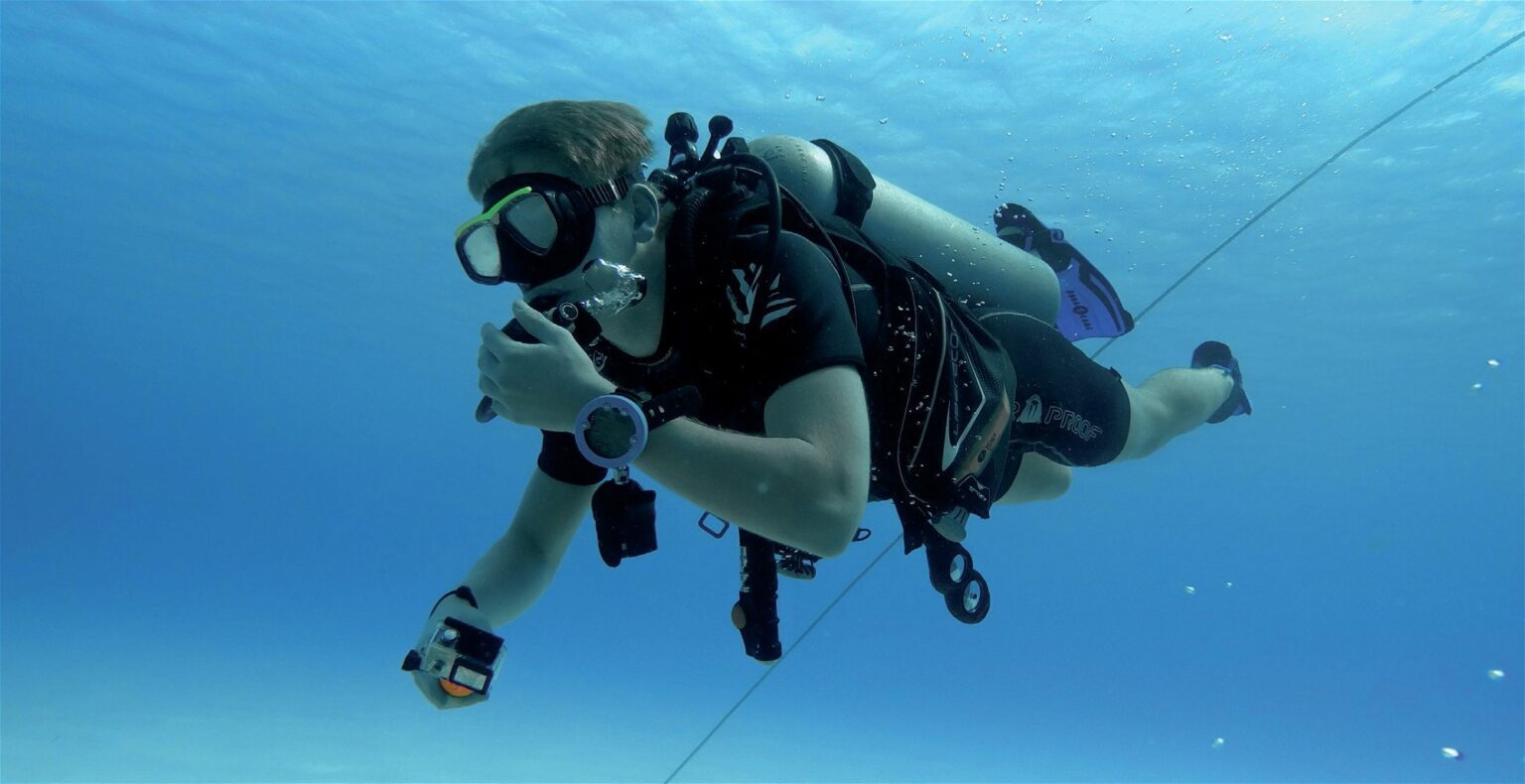Myelofibrosis Diving Question
Q. I was getting back into diving after a few years off when I was diagnosed with primary myelofibrosis. I have asked my doctors about it, and while they know the disease, I do not think they know about diving’s physiological effects. What concerns should I have about diving?
Understanding Myelofibrosis
As you know, myelofibrosis is a rare cancer affecting the bone marrow. The marrow is responsible for producing cells that help our bodies maintain a regular state known as homeostasis. These cells include red blood cells that carry oxygen and blood-clotting factors called platelets. You may want to concern yourself with a few things when deciding if you are fit to dive.
A disruption in red blood cell production may lead to anaemia, which can manifest as physical weakness, tiredness, or shortness of breath. Diving is a taxing physical activity from start to finish that includes hauling tanks and gear, donning and doffing gear on a boat, swimming against currents, and climbing a ladder while wearing gear. These exertions may be hazardous to you, and you should consider the risks it can cause for others if you need a rescue. Easy bleeding or bruising are also considerations due to a possible decrease in certain blood cells. Minor bleeding from a fall, a ruptured or perforated eardrum, or barotrauma may be more severe and cause haemorrhaging concerns.
Medical Risks of Diving with Myelofibrosis
The level of your condition’s malignancy may put you at a greater risk of opportunistic infections, neuropathy, pericardial effusion, and other factors that can lead to convulsions underwater or pulmonary barotrauma.
The effects and side effects of any medications you take are further considerations. While medications metabolize or potentiate faster in hyperbaric environments, you should consider how they make you feel. Pain relief medications can have a narcotic property or create a sedative effect, which can greatly affect your cognitive thinking and how you respond to an unexpected event.
Assessing Fitness to Dive
If you are taking medication to treat your condition, side-effects can include nausea and vomiting. Some of the signs and symptoms you may experience mimic those of decompression illness and make diagnosing difficult. For a dive trip, you must also be aware of access to emergency care at your location should the need arise.
We can’t determine if you should or should not dive, but we can educate you about the risks you may encounter. Please review this information with your physician along with the RSTC Medical Statement to determine your fitness to dive.
This article was originally published in Scuba Diver ANZ #52.
Subscribe digitally and read more great stories like this from anywhere in the world in a mobile-friendly format. Link to the article








